The world is holding its breath for Trump’s possible return to the Oval Office as another American presidential election approaches. Trump’s controversial personality and his practices have forever dented international relations. His remarks during the runup to US elections have only served to increase uncertainty with America’s adversaries and allies alike. From telling Russia to “do whatever the hell they want,” to telling Israel to “get the job done,” Trump’s statements have an impact. He categorically declared he will not pay “a penny more” to Zelensky’s Ukraine. Trump’s statements have an impact on people across the world and forced them to adjust their plans ahead of time.

Global Reactions and economic Shifts
Trump’s return to power presents a new challenge to the world which is already grappling with numerous challenges. The future trajectory of tran-national conflicts and the changing dynamics of US relations with allies and foes is already a headache of world leaders. The rising influence of China and the BRICS along with escalation or resolution of crises across the globe, are all being considered. Thus the new ‘Trump Reality’ will center mostly on the conflicts in Ukraine and Gaza. This geopolitical realignment has wide ramifications for both the global order in addition to preparing for changes in U.S. foreign policy.
Financial markets have always been a great indicator for predicting future trends. The same is also true for speculations amongst people as to who might be the new White house tenant. An article in Reuters titled ‘As Trump-Biden rematch looks likely, Wall Street maps out election impact’ thoroughly discussed this matter. Many other financial advisors and firms point to the same thing, the chances of Trump winning these elections are high. Thus, These elections are being framed as a pivotal moment that could redefine American power projection on the world stage. Trump’s unchanged political stance paired with jingoism and a more perilous global environment underscores a period of intense economic unpredictability.
Donald Trump: the world preparing for the inevitable
Nations worldwide are bracing up for what seems to be a second Trump era in the Oval Office. While allies might face tariffs and an increasingly transactional relationship, adversaries could be dealt more bluntly. American media has already called Trump’s admiration for Putin a ‘crush’. The same was true of Trump’s dealings with Pyongyang regarding the ‘nuclear issue’. Thus, rhetoric would be the primary means by which the US foreign policy would be both continuous and discontinuous. This is since, while Trump and Biden are on opposite ends of the political spectrum but, their foreign policy approaches are more or less similar.
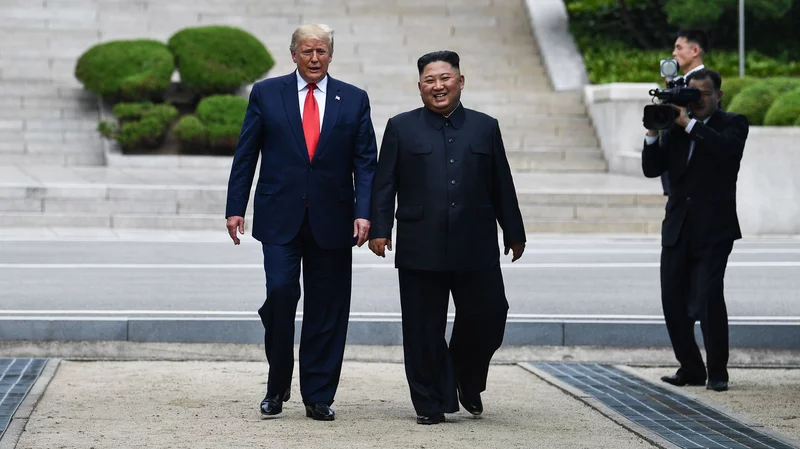
The second Trump era will be a show of strength between the US bureaucracy (the establishment) and the White house. While bureaucracy will try to uphold the US system of alliances, Trump will try to oppose it to some extent. Thus, countries like Ukraine, Taiwan, and Israel are already under the lens. These countries have their geopolitical stakes closely tied to US diplomatic and military muscle. Already, the anticipation of Trump’s policies has already made preemptive strike on international relations. Diplomatic engagements and negotiations have taken a pause as the world awaits the US Presidential elections outcome.
Donald Trump: the specter of Economic and Military Realignment
Trump’s stand on a universal tariff is likely to disrupt the international trade regime that currently exists, ultimately complicating global economic relations. Nevertheless, other than the aspects of civil rights and liberties, there are world leaders who can benefit from a Trump presidency based on a reduction in the excessive blame while developing a stronger bilateral relationship. After the Saudi government’s perspective assassination of Jamal Khashoggi, the whole world remembers the matter. Trump has vetoed the U.S. arms deal from Congress to Riyadh multiple times and has also vetoed Congress from its attempts to exit the Yemen War.
The European NATO members have always been blamed by Trump for not spending enough on defense. This issue is expected to resurface again. This is likely to compromise the collective defense in NATO and may alter the military leadership structure of the world. Trump has shown his discomfort in NATO, terming US’s allies as freeloaders. Emmanuel Macron has already advocated for Europe to have a European Defense mechanism that runs parallel to NATO. US influence in the world, as it is, will reduce even further.
The Middle East and Beyond
In the Middle East, Trump’s earlier policies have already started a new trajectory that sharply differs from traditional American diplomacy. This is especially true in the contexts of Iran and the Israeli-Palestinian conflict. Trump’s second term might involve a consolidation or even deepening of these tendencies with serious repercussions for the regional security. US sanctions and military actions may target Iran. The assassination of Qasem Sulaimani near Baghdad and US strikes on multiple Iranian interests from the latest months of Trump’s first term show a clear future direction.

When chastising US allies for being a drag on American resources, Trump has never felt the need to criticize Israel, which is the largest beneficiary of US aid. Although many analysts consider the foreign policy of Trump isolationism, he has not acknowledged his intention to back out from the Middle East. Consequently, while the Gulf Arab monarchies and Israel would cheer the return of Trump, Iran would be nervous.
The China question
Taiwan, delicately poised between American security guarantees and Chinese territorial ambitions, fears the most. Trump’s cynical view of foreign policy may cause the United States to reevaluate its relationship with Taiwan, impacting strategy-making on both sides of the Taiwan Straits. The tiny Island nation enjoys a sizable trade surplus with the US and Trump has accused Taiwan of ‘taking our business away’ in semi-conductor chips. Taiwan and other Asian allies especially South Korea will be preparing hard for the potential fallout of Trump’s return..
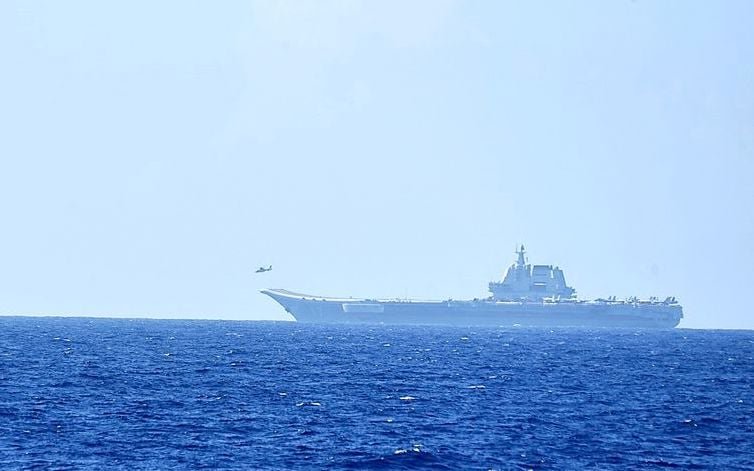
At the same time, the attitude of Trump towards Beijing would be confrontational, primarily directed at reducing the trade balance. This would have a profound impact on global economics and the strategic equilibrium in the Indo-Pacific. Trump will be less inclined to militarily engage with China and will focus more of economic sanctions and diplomacy to meet that goal.
Conclusion
As the world braces for a second Trump White House, the international community at large stands at a pivotal moment. A comeback by Trump is not just a question of policy tweaks. Instead, it’s a reorientation of global power, economic partnerships, and geopolitical imperatives. Will this mean a more divided, or perhaps more rational world, is an open question. What isn’t open to contention is that the world is indeed watching, and waiting—ready to turn on rival supply chains or new opportunities after this period of global uncertainty.



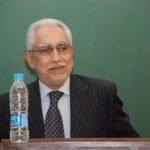
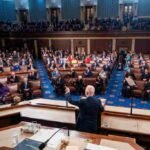


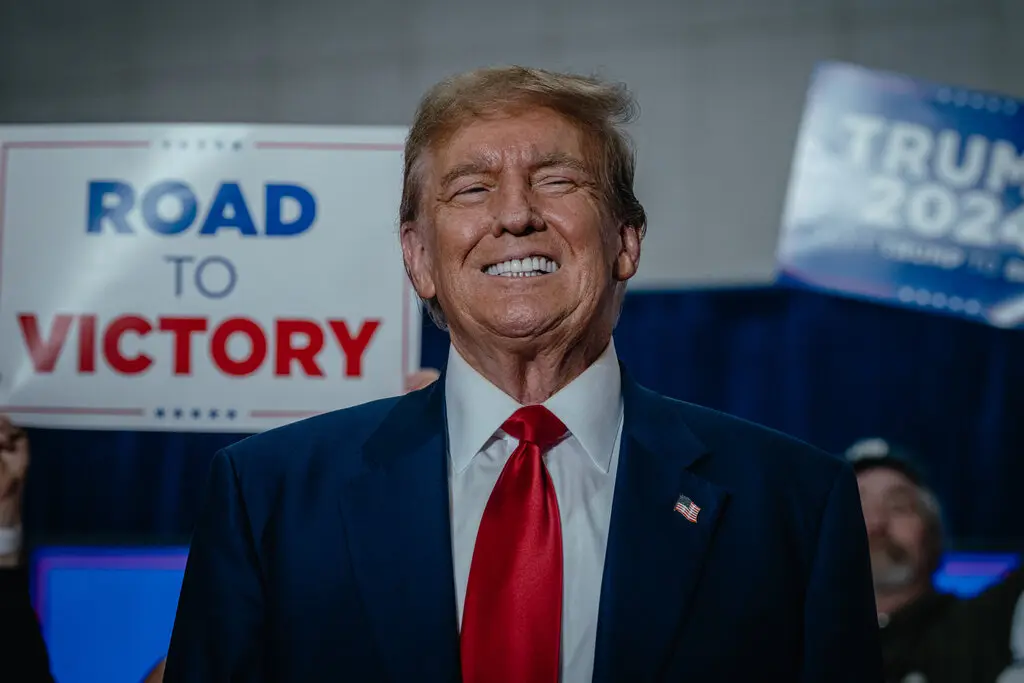






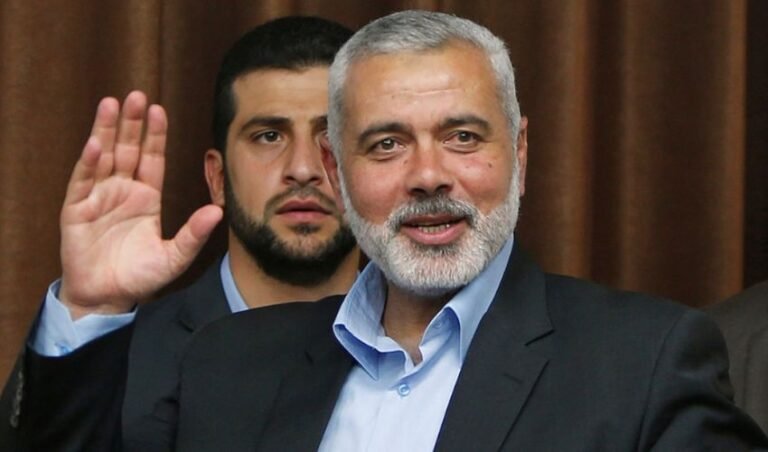
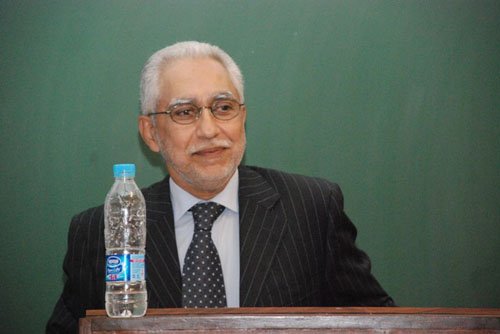
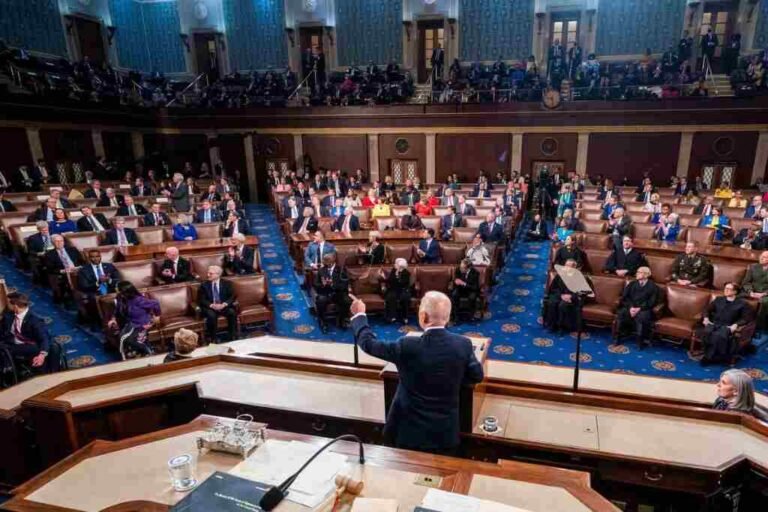
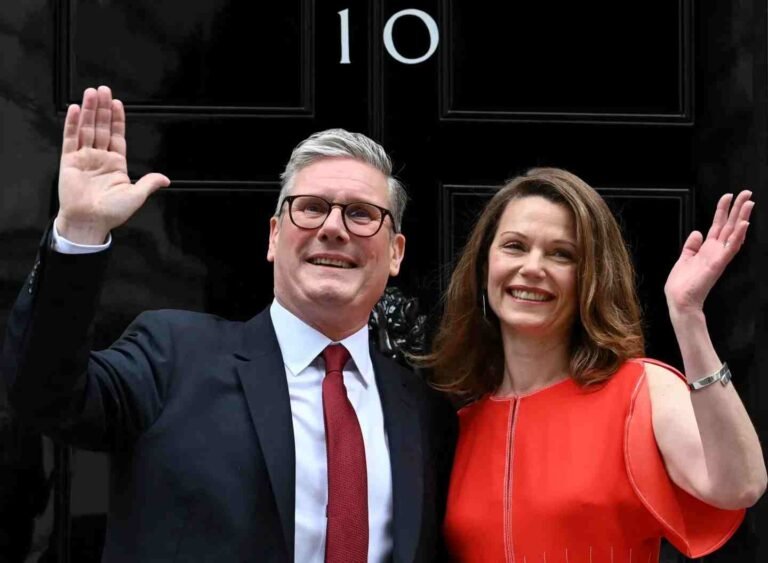
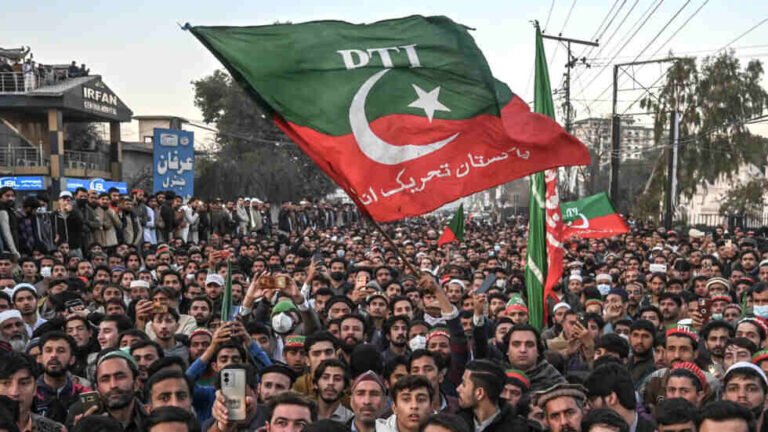
+ There are no comments
Add yours